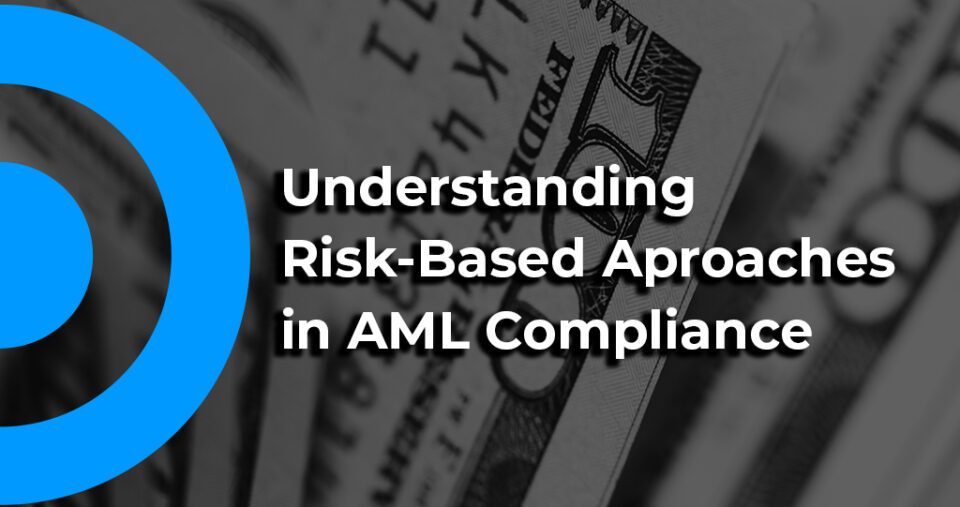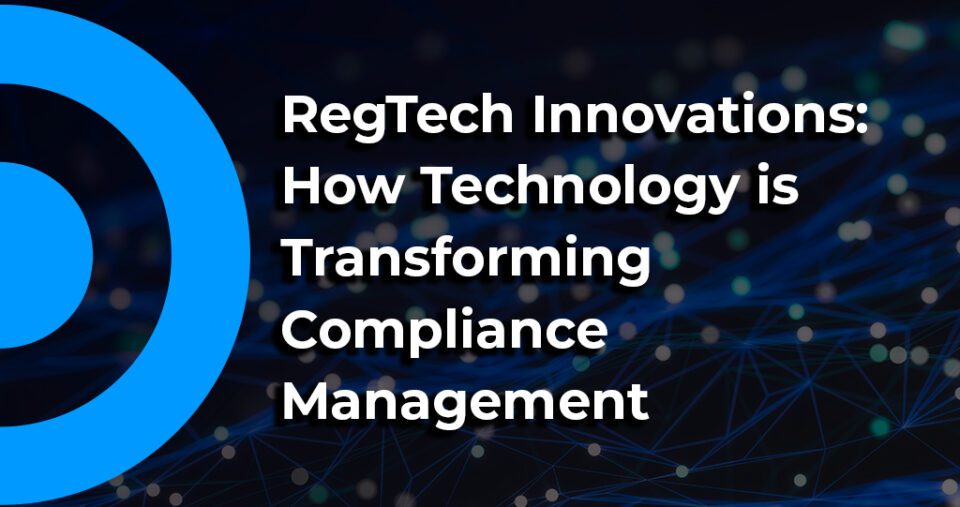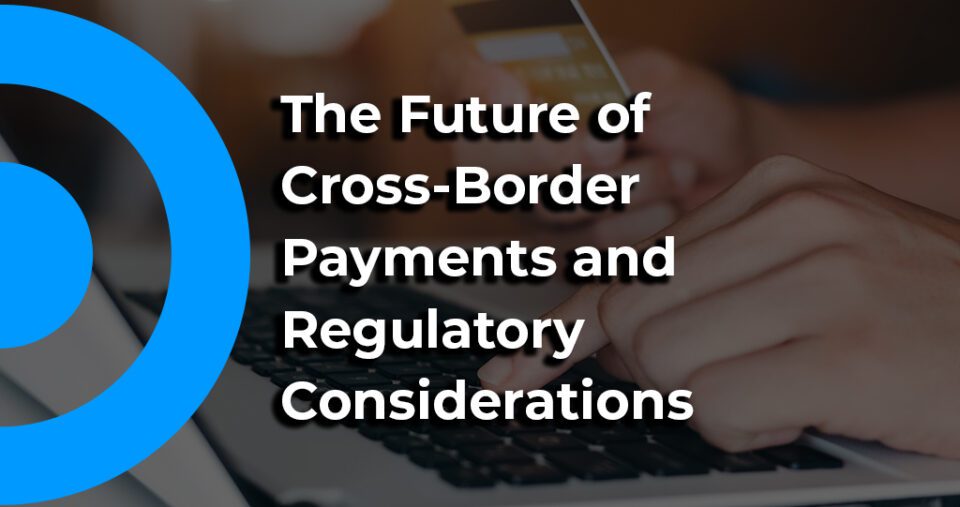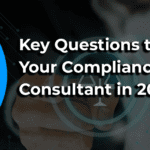
Key Questions to Ask Your Compliance Consultant in 2025
December 20, 2024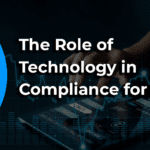
The Role of Technology in Compliance for 2025
December 27, 2024As Payment Service Providers (PSPs) navigate the increasingly complex regulatory landscape in 2025, staying audit-ready is no longer just a best practice—it’s a necessity. Regulatory audits can occur at any time, and preparation is key to avoiding penalties, safeguarding your reputation, and ensuring business continuity. Here are actionable tips to help PSPs stay audit-ready in 2025:
1. Understand Regulatory Requirements
Regulatory compliance starts with a deep understanding of applicable laws and standards. PSPs must:
- Stay informed: Regularly monitor updates from regulatory bodies such as the Hong Kong Monetary Authority (HKMA).
- Tailor compliance frameworks: Align policies with region-specific regulations like GDPR, PSD2, or AML directives.
- Engage experts: Partner with legal and compliance professionals to clarify complex requirements and stay ahead of regulatory changes.
2. Maintain Accurate and Up-to-Date Documentation
Clear and organized documentation is crucial for a successful audit. PSPs should:
- Create a compliance library: Centralize policies, procedures, and reports for easy access.
- Update records regularly: Ensure that all documentation reflects the latest regulatory changes.
- Adopt version control: Keep track of updates to policies and ensure historical records are preserved. Refer to Paycompliance’s guide on audit preparation.
3. Implement Advanced Compliance Technology
Regulatory technology (RegTech) can streamline compliance processes and improve audit readiness. Consider:
- Automated monitoring tools: Track transactions and flag suspicious activities in real time.
- Compliance dashboards: Use centralized platforms to manage reporting and risk assessments.
- Blockchain for transparency: Enhance record-keeping and traceability with blockchain technology, as highlighted by the Financial Stability Board (FSB).
4. Conduct Regular Internal Regulatory audits
Proactive internal reviews help identify and address potential compliance gaps. To conduct effective audits:
- Schedule periodic reviews: Perform audits quarterly or semi-annually.
- Engage third-party auditors: Obtain an external perspective on your compliance efforts.
- Act on findings: Address deficiencies immediately and document corrective actions.
Read more: Building Optimal Risk and Compliance Teams
5. Train Your Team
Employees play a critical role in maintaining compliance. Effective training programs ensure everyone is prepared for Regulatory audits:
- Provide role-specific training: Focus on compliance areas relevant to each department.
- Update training content: Incorporate the latest regulatory changes and audit requirements.
- Foster a compliance culture: Encourage employees to prioritize compliance in their daily tasks. Learn more about building a compliance culture.
6. Develop an Audit Response Plan
Being prepared for an audit includes knowing how to respond when the time comes. PSPs should:
- Assign an audit team: Designate key personnel to manage audit communications and requests.
- Prepare a checklist: Include required documentation, timelines, and steps to follow during the audit.
- Practice mock audits: Simulate audit scenarios to test readiness and improve processes.
7. Monitor and Mitigate Risks
Risk management is integral to audit readiness. PSPs must:
- Identify high-risk areas: Focus on areas like transaction monitoring, data privacy, and AML compliance.
- Implement controls: Use preventative measures to reduce risk exposure.
- Review risk assessments regularly: Adjust strategies based on emerging threats and regulatory updates. Refer to Paycompliance’s risk management insights.
8. Engage with Regulators
Building a positive relationship with regulatory bodies can smooth the audit process. PSPs should:
- Communicate proactively: Seek guidance on unclear requirements.
- Participate in consultations: Provide feedback on proposed regulations.
- Demonstrate transparency: Show regulators that compliance is a top priority.
Benefits of Staying Audit-Ready
Proactive audit readiness offers several advantages:
- Reduced penalties: Avoid fines and sanctions by demonstrating compliance.
- Improved efficiency: Streamline processes and reduce the stress of last-minute preparations.
- Enhanced reputation: Build trust with customers, investors, and regulators by showcasing a commitment to compliance.
Partner with Paycompliance for Audit-Readiness
At Paycompliance, we specialize in helping PSPs stay audit-ready. From compliance frameworks to training and technology integration, our solutions are designed to keep you prepared and protected. Contact us today to learn how we can support your compliance journey in 2025 and beyond. Let us help you navigate the complexities of regulatory audits with confidence and ease.

